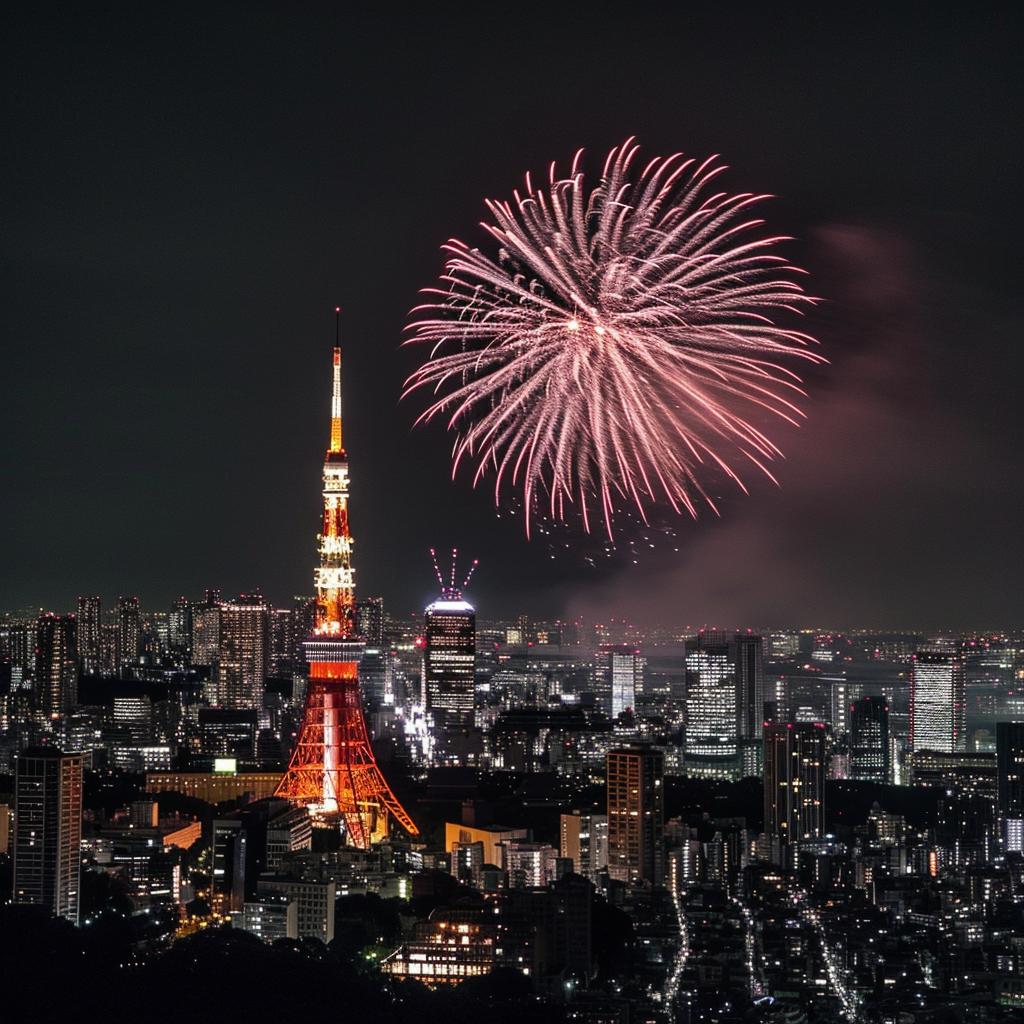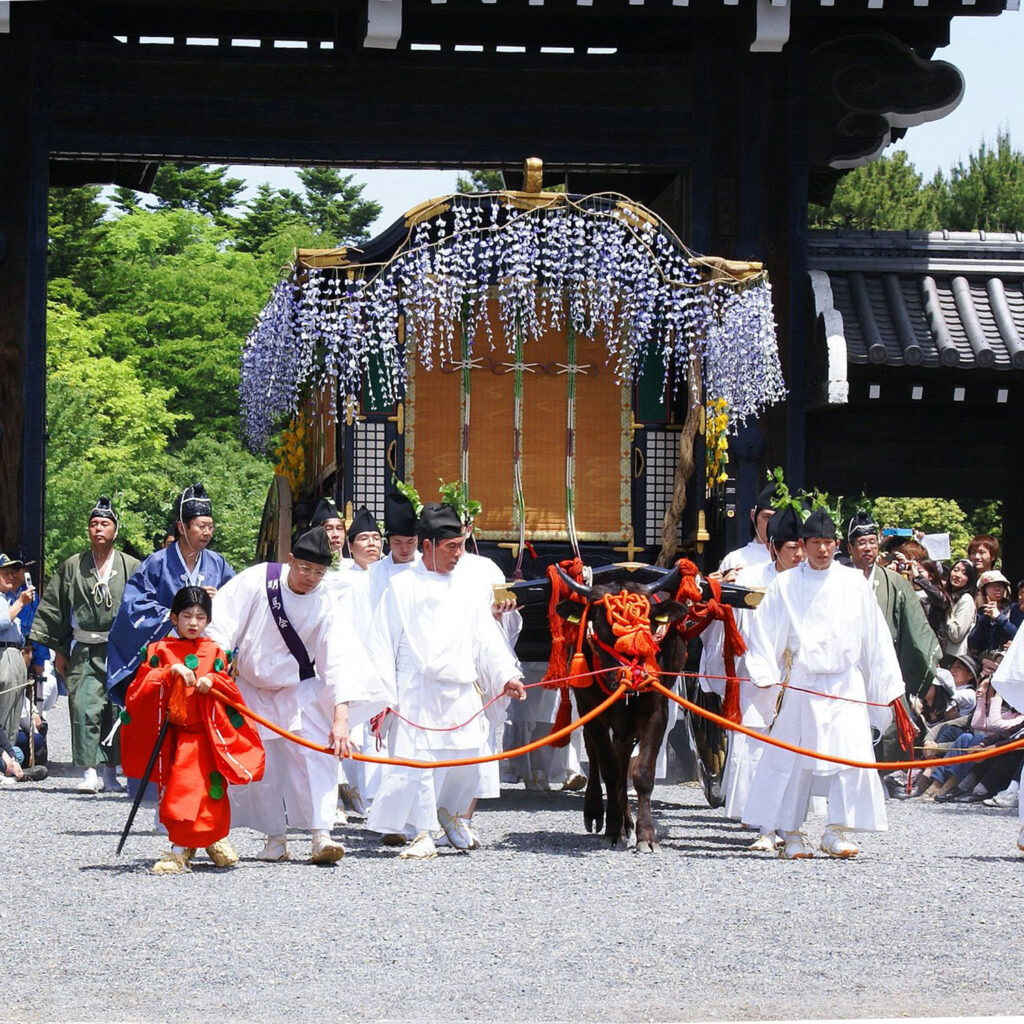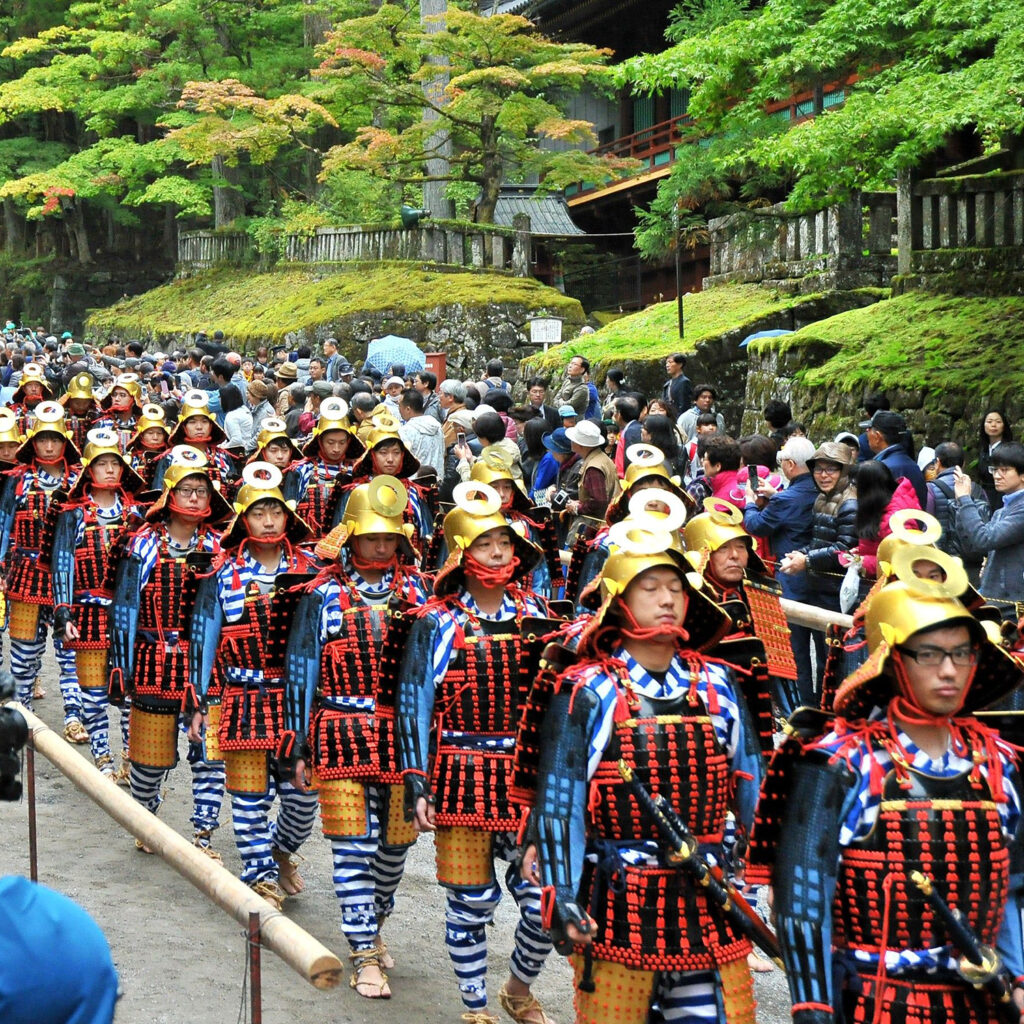New Year’s Day, or “Oshogatsu” in Japanese, is one of the most significant and anticipated festivities in Japan. This celebration is of particular significance, not only as a mark of passage to a new year, but also as a time of reflection, tradition and spiritual renewal.
New Year preparations:
Preparations for New Year’s Day begin well before December 31st. The Japanese engage in a practice called “Osoji”, which involves thorough cleaning of the house. This ritual symbolizes getting rid of impurities accumulated over the past year, making way for newness and purity for the year to come.
Ritual of the 108 Bells:
At midnight on December 31, Buddhist temple bells ring 108 times. This symbolic number represents the 108 human passions according to Buddhist belief. Japanese people listen to these bells, meditating on the experiences of the past year and freeing themselves from negative attachments.
Visits to Temples and Sanctuaries:
New Year’s Day is marked by visits to Buddhist temples and Shinto shrines. Many Japanese people participate in special rituals, performing prayers for the health, prosperity and happiness of their families. The most popular shrines, such as the Meiji Shrine in Tokyo and the Fushimi Inari Shrine in Kyoto, attract large crowds.
Traditional Meals for New Year:
Cuisine also plays a central role in New Year’s Day celebrations. Families come together to share special meals called “osechi ryori”, consisting of carefully prepared dishes symbolizing health, longevity, prosperity and joy. Traditional dishes include specialties such as “osechi-ryori” and “zoni”, a rice soup with regional ingredients.
The First Sunrise:
Watching the first sunrise of the year, known as “Hatsuhinode”, is a popular tradition in Japan. People travel to scenic spots or beaches to welcome the New Year with optimism and hope, seeing this moment as an opportunity to start a new page in their lives.
New Year’s Eve Party:
New Year’s Day is also a time when Japanese people relax and have fun. Many watch television specials, participate in community events and engage in festive activities. Fireworks and illuminations add an extra touch to the festive atmosphere.
New Year’s Day in Japan is about more than just a transition from one year to the next. It is a profound celebration, combining age-old traditions, spiritual rituals and moments of conviviality. This special day offers Japanese people an opportunity to connect with their history, culture and loved ones while looking forward with hope to the opportunities that the new year will bring.



